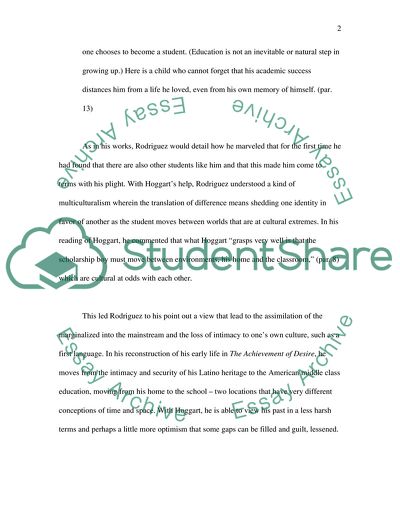Cite this document
(“Reader-Writer Relationship Essay Example | Topics and Well Written Essays - 1250 words”, n.d.)
Reader-Writer Relationship Essay Example | Topics and Well Written Essays - 1250 words. Retrieved from https://studentshare.org/literature/1548204-reader-writer-relationship
Reader-Writer Relationship Essay Example | Topics and Well Written Essays - 1250 words. Retrieved from https://studentshare.org/literature/1548204-reader-writer-relationship
(Reader-Writer Relationship Essay Example | Topics and Well Written Essays - 1250 Words)
Reader-Writer Relationship Essay Example | Topics and Well Written Essays - 1250 Words. https://studentshare.org/literature/1548204-reader-writer-relationship.
Reader-Writer Relationship Essay Example | Topics and Well Written Essays - 1250 Words. https://studentshare.org/literature/1548204-reader-writer-relationship.
“Reader-Writer Relationship Essay Example | Topics and Well Written Essays - 1250 Words”, n.d. https://studentshare.org/literature/1548204-reader-writer-relationship.


